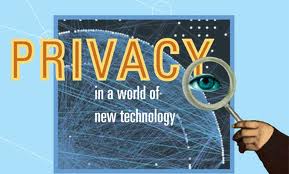
Of course boomers have to use up-to-the-minute best practices in resume writing, job search and interviewing when looking for a job. But there is one overriding factor they have to nail: their value proposition. Often boomers have an advantage in this, because they have already had accomplished careers and a strong track record.
What's a value proposition for a job seeker? It's the benefit they can (often uniquely) provide to the potential employer that matches the needs of that employer. How do you use it? At a minimum, in your resume, cover letter and LinkedIn Profile. How else must you leverage it? In your networking and interviewing.
One of my clients was 62 and had been out of work for a year when he applied to a Director-level job. Despite a strong competitive field of younger applicants, he got the offer. Why? Because the value he offered was so clearly and boldly spelled out in his resume. And because he interviewed keeping the value prop as his central message. How could the company resist? He was offering the exact value that they needed to solve the "pain" they were having.
So, don't neglect this critical value messaging as you go about your job search. It will override any concerns employers may have about age (even if that concern is not expressed because of possible legal ramifications). But only if clearly, powerfully and consistently expressed on paper and in person!





